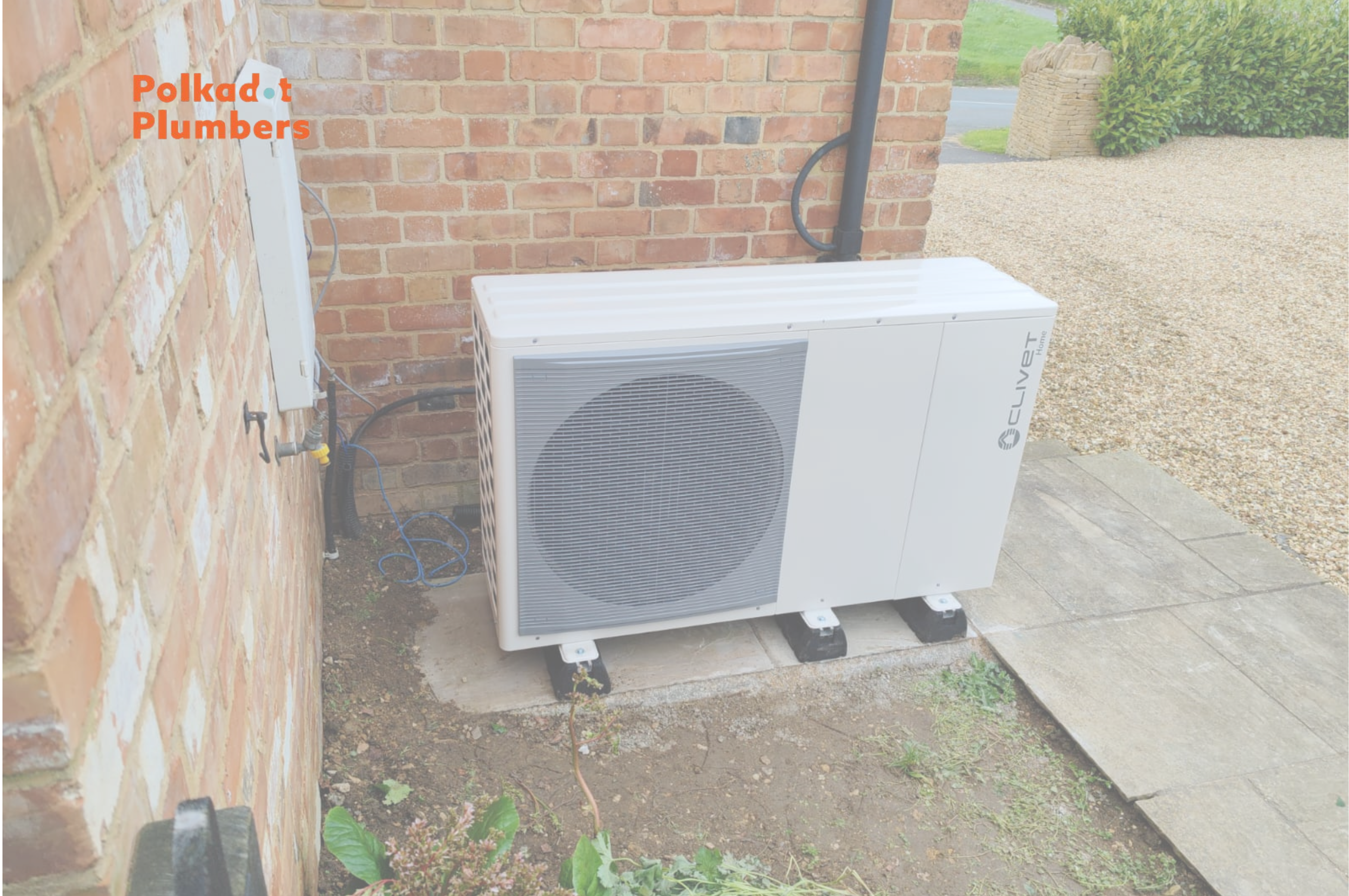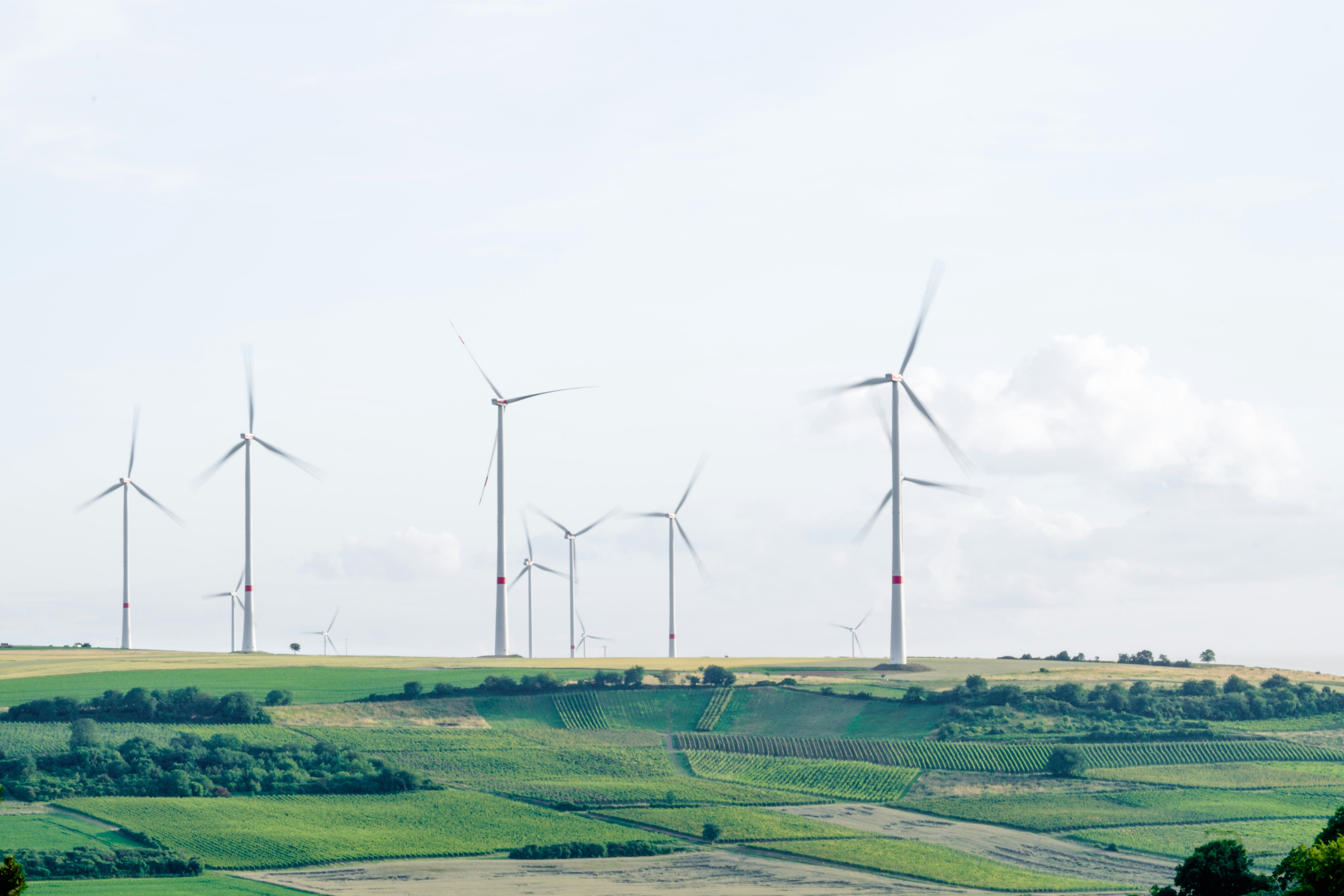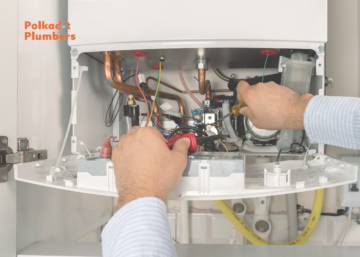Choosing the right heating system for your home is a crucial decision. It affects not only your comfort but also your wallet and the environment.
In the quest for energy efficiency, two heating appliances often come to the forefront: heat pumps and boilers.
But which one is the better choice?
This comprehensive guide aims to answer that question. We will delve into a detailed cost analysis of heat pumps versus boilers.
Our goal is to help you make an informed decision about your home heating options.
We will compare the initial costs, operating costs, and maintenance of both heating appliances. We will also look at their efficiency, environmental impact, and potential savings.
Whether you’re a homeowner, a property developer, or simply interested in energy-efficient heating systems, this guide is for you.
We will provide you with the knowledge you need to choose the heating system that best suits your needs and budget.
We will also explore the future trends in home heating and the move towards renewable energy sources.
By the end of this guide, you will have a clear understanding of the pros and cons of heat pumps and boilers.
You will be able to make a decision that is not only cost-effective but also sustainable and future-proof.
Let’s dive in.
Understanding Energy-Efficient Heating Systems
Energy-efficient heating systems are designed to provide the necessary warmth using less energy. They are a key part of sustainable living and can significantly reduce your energy bills.
These systems come in various types, including heat pumps and boilers. Both have their unique features and benefits.
Understanding how these systems work is crucial. It helps you make an informed decision about which one is the best fit for your home.
Let’s start by looking at heat pumps.
What Are Heat Pumps?
Heat pumps are a type of heating system that transfers heat from one place to another. They can extract heat from the air or ground and move it into your home.
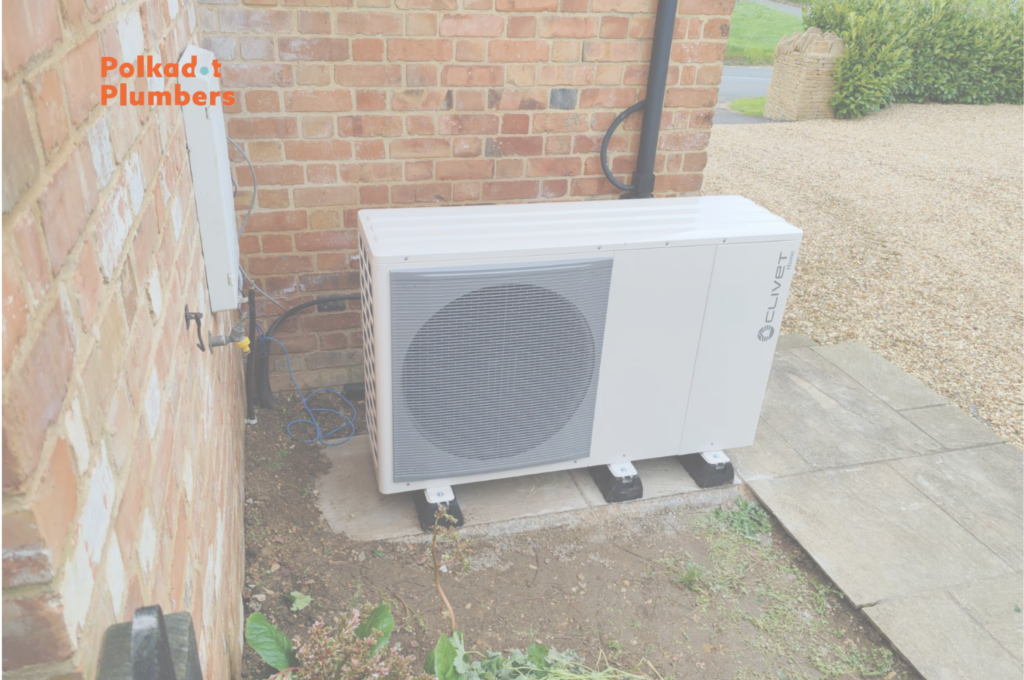
This process is energy-efficient because it moves heat rather than generating it. Heat pumps can also provide cooling in the summer, adding to their versatility.
They come in various types, including air-source, ground-source, and water-source heat pumps. Each type has its unique features and benefits.
Now, let’s turn our attention to boilers.
How Do Boilers Work?
Boilers are a traditional type of heating system. They heat water and distribute the resulting steam or hot water to radiators throughout your home.
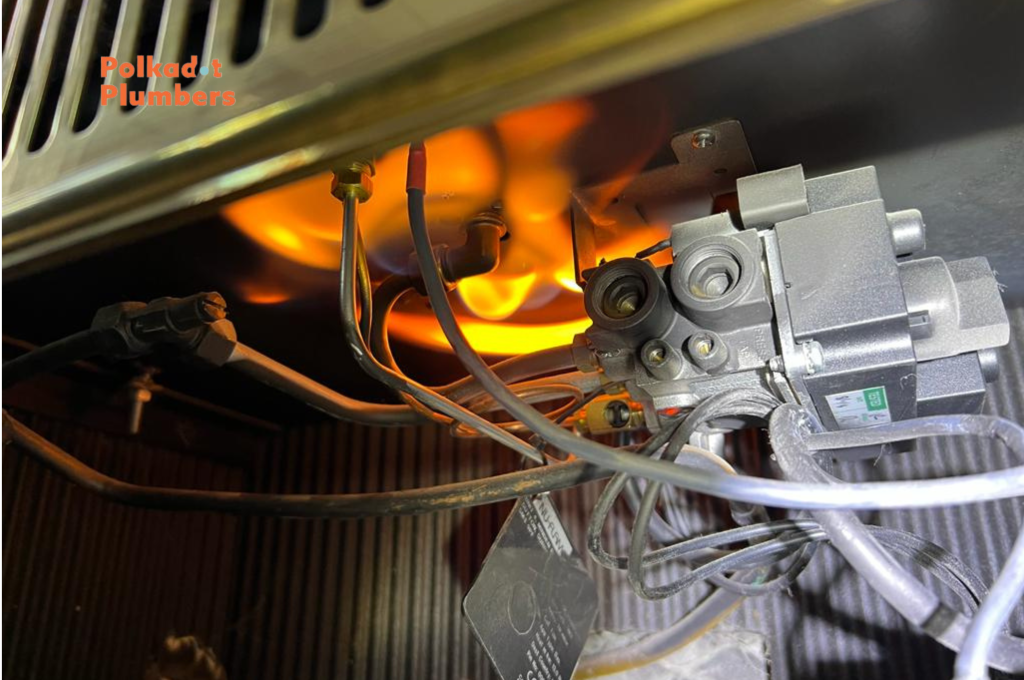
Boilers can run on various fuels, including gas, oil, and electricity. The type of fuel used can significantly impact the cost and efficiency of the system.
There are also different types of boilers, such as combi, system, and conventional boilers. Each type has its unique features and benefits.
Understanding these basics will help you compare heat pumps and boilers more effectively.
Initial Costs: Heat Pumps vs Boilers
When considering a new heating system, the initial cost is a significant factor. This includes the price of the unit itself and the cost of installation.
Both heat pumps and boilers have a wide range of prices. The cost can vary based on the specific model, the size of your home, and your location.
Let’s break down these costs further.
Heat Pump Installation Costs
Heat pumps are generally more expensive to purchase than boilers. The price can range from £2,500 to £7,500 for the unit itself.
The installation cost can also be higher. This is due to the complexity of the installation process, which may involve digging for ground-source pumps.
However, the exact cost can vary. Factors such as the type of heat pump, the size of your home, and your location can all impact the price.
Despite the higher initial cost, heat pumps can often lead to significant savings in the long run.
Boiler Installation Costs
Boilers are generally less expensive to purchase than heat pumps. The price for the unit can range from £1,500 to £6,000.
The installation cost can also be lower. This is because the installation process is often less complex.
However, the exact cost can vary. Factors such as the type of boiler, the fuel type, and your location can all impact the price.
While boilers may have a lower initial cost, they can be more expensive to operate and maintain over time.
Operating Costs: Analysing Efficiency and Cost
After the initial installation, the ongoing operating costs become the primary expense. These costs can vary greatly between heat pumps and boilers.
The operating costs include the cost of the energy used by the system, as well as any maintenance or repair costs. The efficiency of the system plays a significant role in these costs.
Let’s take a closer look at the operating efficiency and expenses of both heat pumps and boilers.
Heat Pump Operating Efficiency
Heat pumps are known for their high efficiency. They can provide up to three times more heat energy than the electrical energy they consume.
This is because heat pumps move heat, rather than generate it. They extract heat from the outside air or ground and move it inside your home.
This high efficiency can lead to significant savings on your energy bills. However, the exact savings can depend on factors such as your local climate and the insulation of your home.
Despite their high efficiency, heat pumps can have higher maintenance costs. Regular servicing is essential to maintain their performance and prevent costly repairs.
Boiler Operating Efficiency
Boilers can also be highly efficient, especially modern condensing boilers. These boilers can achieve efficiency levels of up to 90%.
This is because condensing boilers capture some of the heat that would otherwise escape from the flue. They then use this heat to warm up your home.
However, the efficiency of a boiler can depend on the type of fuel used. Gas boilers are typically more efficient than oil boilers, but the cost and availability of these fuels can vary.
While boilers may have lower maintenance costs than heat pumps, they can be more expensive to operate. This is due to their lower efficiency and the cost of the fuel they use.
Maintenance and Longevity: Prolonging Your Investment
The lifespan and maintenance requirements of your heating system are both crucial factors to consider, as they can significantly impact the total cost of overall ownership.
Regular maintenance can prolong the lifespan of your system, prevent costly repairs, and ensure optimal performance. Let’s take a look at the maintenance needs and longevity of both heat pumps and boilers.
Heat Pump Maintenance and Lifespan
Heat pumps typically require more regular maintenance than boilers. This includes annual servicing and regular filter changes.
Despite this, with proper care, a heat pump can last up to 15 years. Some ground-source heat pumps can even last up to 50 years.
However, the lifespan can vary depending on factors such as the quality of the installation and the harshness of the local climate.
Boiler Maintenance and Lifespan
Boilers generally require less maintenance than heat pumps. An annual service is usually sufficient to keep a boiler running efficiently.
With regular servicing, a boiler can last between 15 to 20 years. However, this can depend on the quality of the boiler and the hardness of the water in your area.
While boilers may have a longer lifespan, they can be more expensive to replace than heat pumps. This is an important factor to consider when comparing the total cost of ownership.
Environmental Impact: Sustainability and Carbon Footprint
When choosing a heating system, it’s important to consider its environmental impact. This includes its carbon footprint and overall sustainability.
Both heat pumps and boilers have different impacts on the environment. Let’s explore these in more detail.
The Eco-Friendly Profile of Heat Pumps
Heat pumps are often hailed as a more eco-friendly option. They use renewable heat from the air, ground, or water to heat your home.
This means they use less energy and produce fewer carbon emissions than traditional boilers. They can also be powered by renewable electricity, further reducing their carbon footprint.
However, the environmental impact can vary depending on the source of electricity. If powered by coal or gas, the carbon savings may be less significant.
The Carbon Footprint of Boilers
Boilers, particularly older models, can have a higher carbon footprint. This is because they burn fossil fuels to produce heat.
However, modern condensing boilers are much more efficient. They can convert over 90% of the fuel they use into heat, reducing their carbon emissions.
Still, boilers that use oil or gas will always have a carbon footprint. This is an important factor to consider if you’re aiming for a more sustainable home.
Potential Savings and Incentives
When comparing heat pumps and boilers, it’s crucial to consider the potential savings. These savings can come from lower energy bills, reduced maintenance costs, and government incentives.
Let’s break down the potential long-term savings for both heat pumps and boilers.
Long-Term Savings with Heat Pumps
Heat pumps can offer significant long-term savings. They are highly efficient, converting most of the energy they use into heat.
This efficiency can lead to lower energy bills, especially if you’re replacing an older, less efficient heating system. Over time, these savings can offset the higher initial cost of a heat pump.
Additionally, heat pumps require less maintenance than boilers. This can lead to further savings over the lifespan of the system.
Long-Term Savings with Boilers
Boilers can also offer long-term savings, especially modern, high-efficiency models. These boilers can convert over 90% of the fuel they use into heat, leading to lower energy bills.
However, boilers typically require more maintenance than heat pumps. This can increase their long-term costs.
It’s also worth noting that boilers have a shorter lifespan than heat pumps. This means you may need to replace a boiler more frequently, adding to its long-term costs.
The Future of Home Heating: Trends and Innovations
As we look to the future, the trends in home heating are clear. Energy efficiency and sustainability are becoming increasingly important. Homeowners and property developers alike are seeking out heating systems that not only provide comfort but also align with their values and the needs of our planet.
Advancements in technology are making heat pumps more efficient and versatile. For instance, the development of air-source heat pumps that can operate efficiently in colder climates is a game-changer. These systems can provide both heating and cooling, making them a year-round solution.
On the other hand, boilers are also seeing improvements. High-efficiency condensing boilers are becoming more common, and the use of smart thermostats is increasing boiler efficiency. Additionally, the integration of boilers with renewable energy sources, such as solar thermal systems, is an exciting development.
In conclusion, the future of home heating is bright, with many innovative and energy-efficient options on the horizon. Whether you choose a heat pump or a boiler, you can be confident that you’re investing in a system that will serve you well for years to come.
Making the Right Choice for Your Home
Choosing between a heat pump and a boiler for your home is a significant decision. It’s not just about the upfront costs, but also the long-term implications for your energy bills, your home’s comfort, and the environment.
Heat pumps are an excellent choice for those seeking a versatile, energy-efficient system. They can provide both heating and cooling, and recent advancements have made them suitable for a wider range of climates. However, they may require a larger upfront investment and their efficiency can be influenced by your local climate.
Boilers, on the other hand, are a tried-and-true solution. They can provide reliable, efficient heating, especially when paired with a smart thermostat or a renewable energy source. However, they lack the cooling capabilities of heat pumps and their efficiency can be influenced by the type of fuel used.
In the end, the best choice depends on your specific needs, your budget, and your long-term plans for your home. It’s important to consider all factors and consult with a heating professional to make an informed decision.
FAQs: Heat Pumps vs Boilers
When it comes to choosing between heat pumps and boilers, many questions may arise. Here are some of the most frequently asked questions and their answers.
- Which is more energy-efficient, a heat pump or a boiler? Air-to-water heat pumps (More commonly known as air-source heat pumps) provide a space-heating capability. They can be up to 4 times more efficient than gas boilers and are eligible for the government boiler upgrade scheme grant which is £7,500.
- Which system is cheaper to install? Generally, heat pumps can be more expensive to install than boilers, but this can be offset by lower operating costs and potential government incentives.
- Can a heat pump provide both heating and cooling? Yes, heat pumps can provide both heating in the winter and cool in the summer, making them a versatile choice for year-round comfort.
- What is the lifespan of a heat pump compared to a boiler? Both heat pumps and boilers have similar lifespans, typically ranging from 10 to 15 years. However, this can be influenced by factors such as the quality of the installation, the maintenance schedule, and the quality of the unit itself. The best boiler warranty you can get is 12 years, and a heat pump is 15 years.
- Are there any alternatives to Boilers, and heat pumps? YES! Air-to-air heat pumps (More commonly known as air conditioning units). They provide space heating and cooling. This is an extremely effective way of heating and cooling a room rapidly by using the same technology.
